
Researchers have demonstrated that mammary tumor development can be directly inhibited by lifelong exposure to n-3 polyunsaturated fatty acid in mice. The new study directly shows the anticancer activity of omega-3s.

Your AI-Trained Oncology Knowledge Connection!


Researchers have demonstrated that mammary tumor development can be directly inhibited by lifelong exposure to n-3 polyunsaturated fatty acid in mice. The new study directly shows the anticancer activity of omega-3s.

A new study from cancer stem cell experts at the University of Michigan is challenging the notion that trastuzumab (Herceptin) only works for HER2-positive breast cancer.

At the 30th Annual Miami Breast Cancer Conference, Lisa Carey, MD, presented the major questions in managing triple-negative breast cancer. This type of breast cancer makes up approximately 15% of all breast cancer cases, is typically more aggressive, and has a higher risk of early relapse.

Most breast cancer patients are treated with some form of chemotherapy, and because women with breast cancer are now surviving longer, the long-term effects of chemotherapy have become a major issue.

Risk factors for breast cancer can be parsed into genetic and biological factors, and environmental and lifestyle factors; and the general consensus is that screening and prevention strategies should be tailored based on an individual’s risk assessment.
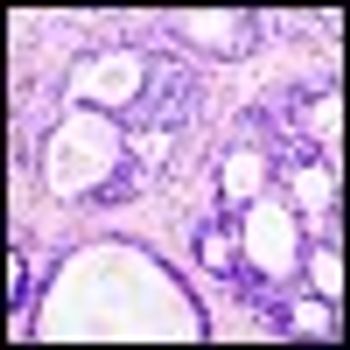
How best to manage patients who present with ductal carcinoma in situ (DCIS), a noninvasive and early form of breast cancer, remains unclear. Treatment options range from minimal, breast-conserving surgical intervention and no follow-up treatment, to surgical intervention followed by additional treatment.

New technologies and techniques are in development to use blood samples to detect biological material in the blood that can differentiate a patient with cancer from one who does not have cancer and to aid in the treatment of breast cancer patients.
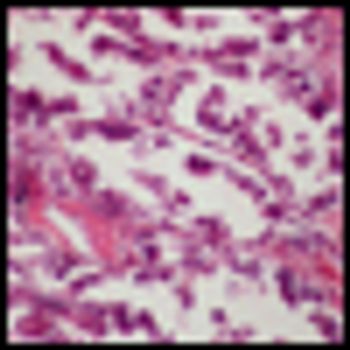
A new study by researchers at the Scripps Research Institute has identified a metabolic mechanism by which breast tumor cells control tumor aggressiveness.

Using a novel combination, a new study suggests another way to inhibit the hedgehog signaling pathway to prevent or delay resistance to vismodegib in patients with basal cell carcinoma.

In a new study, researchers found that higher body mass index was associated with a risk of CTNNB1-negative colorectal cancer, while higher physical activity was associated with a lower risk for this type of disease.

Along with chemotherapy and surgery, radiation therapy remains one of the three main treatments for cancer. A new article in Science Translational Medicine reviews the recent advances and current challenges in radiation oncology today.
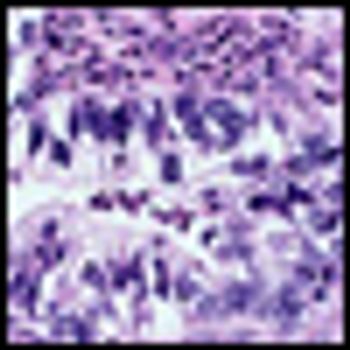
Increased levels of human epidermal growth factor receptor (HER) may be the key to chemotherapy resistance in non–small-cell lung cancer (NSCLC), according to a new study.
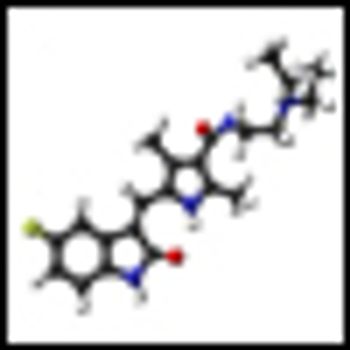
In a new study, researchers show that sunitinib, an FDA-approved TKI for advanced renal cell carcinoma, does not result in accelerated growth of kidney tumors after discontinuing treatment.

Consuming more vegetables is associated with a lower risk of estrogen receptor (ER)-negative breast cancer, according to a new study published in the Journal of the National Cancer Institute.
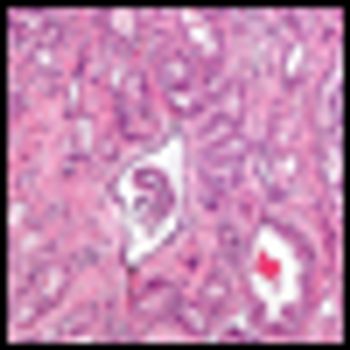
Localized prostate cancer treatment with surgery or radiation results in similar long-term side effects, such as erectile dysfunction and urinary incontinence.
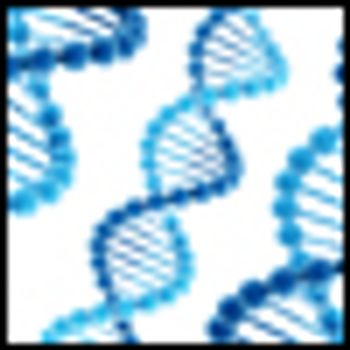
An international group of researchers have collaborated on an unbiased genome-wide analysis of colorectal cancer, coming up with three distinct molecular subtypes that are potentially clinically relevant and are varying in their biology and clinical outcomes.

An oral fluoropyrimidine, S-1, used as an adjuvant therapy in Japanese patients with resected pancreatic cancer has shown an improved overall survival compared with the standard adjuvant therapy gemcitabine (Gemzar).

The same week that bevacizumab (Avastin) received a new indication for the treatment of metastatic colorectal cancer, results from two phase III trials involving the drug were presented at the American Society of Clinical Oncology 2013 Gastrointestinal Cancers Symposium (ASCO GI) held January 24–26 in San Francisco.
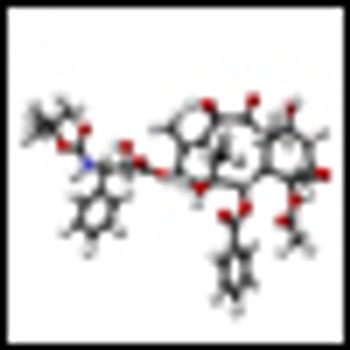
Adding the chemotherapy docetaxel to active symptom control in advanced esophagogastric adenocarcinoma improves survival of patients. These are the results of the phase III COUGAR-02 trial.
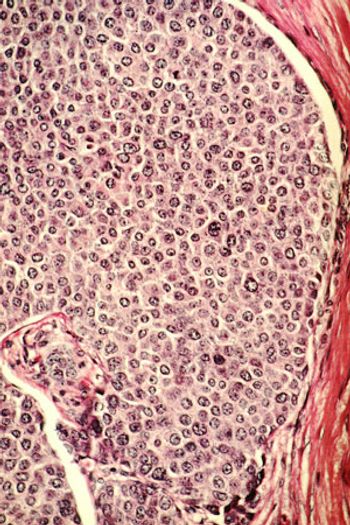
Researchers discovered that in triple-negative breast cancer, an inhibitor of metastasis, miR-708, is repressed, results that could lead to novel therapies.

Higher levels of the enzyme kallikrein 6 (KLK6) are associated with glioblastoma multiforme, the most common type of brain tumor, according to a new study from researchers at the Mayo Clinic.
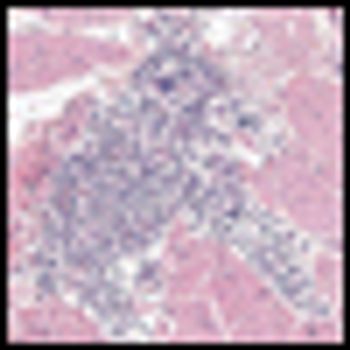
Researchers have identified bladder cancer markers that can predict which patients may have the most aggressive, fatal type of the disease. It was also discovered that smoking can affect the course of bladder cancer development, leading to more aggressive forms of the disease.

An analysis of 164 phase III breast cancer trials shows bias in reporting the primary endpoint and toxicity results, according to results of a recent study.
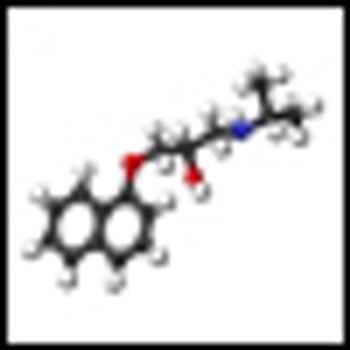
Lung cancer patients who take beta-adrenergic receptor antagonists (beta-blockers) may survive longer and have a lower rate of tumor spread, according to a new study.

The annual report to the nation on the status of cancer in the United States, published Monday, shows cancer death rates overall continue to decline. The number of people who die as a result of their cancer has been steadily declining since the 1990s, and over the 9-year period between 2000 and 2009, the report shows a 1.8% decrease in death rates per year among men and a 1.4% decrease among women.
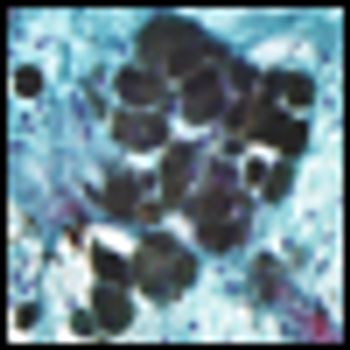
Researchers using a mouse model of melanoma were able to prevent resistance to vemurafenib by altering the dosing schedule from a continuous daily dose to an intermittent dose.

There has been a decline in overall cancer screening among the US population. Only colorectal cancer screening rates met current screening goals. Cancer survivors specifically met current national screening goals with the exception of cervical cancer screening.
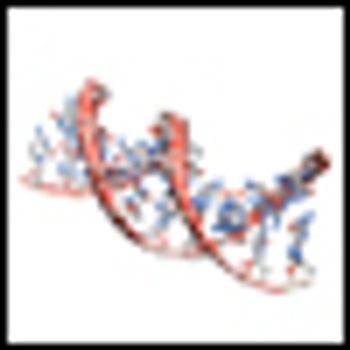
Using a large genome-wide study of more than 28,000 individuals, three new genetic links to colorectal cancer have been identified, holding the potential for new therapeutic targets.
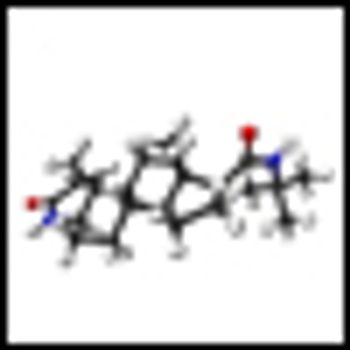
A new study shows that chemoprevention with anti-androgen therapies does not benefit all patients at risk for prostate cancer, and that in patients with a certain genetic mutation they can spur on more aggressive disease.

The risk of triple-negative breast cancer appears to be lower for women who delayed childbirth and who chose to breast feed according to a new study.